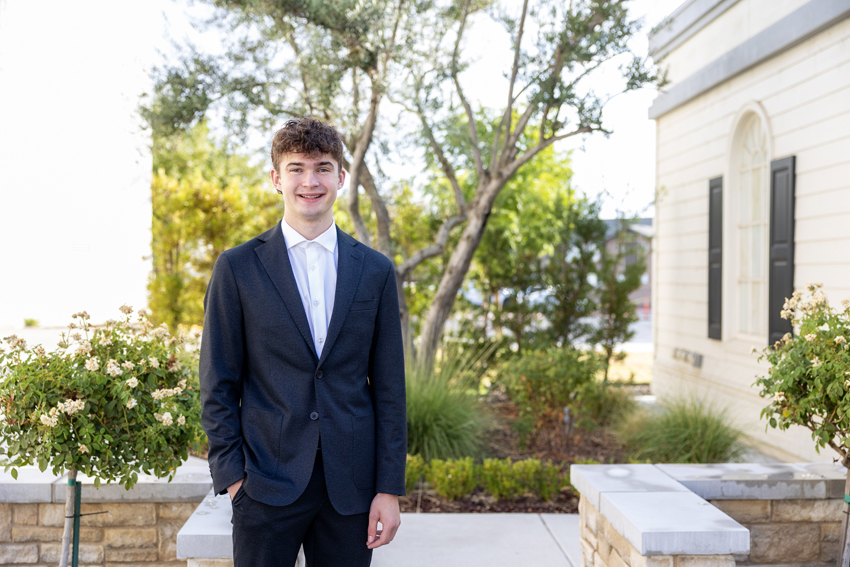After running the daily warm-up around the perimeter of the field, my lungs felt compressed and I started to wheeze. My head spun and I felt close to fainting.
Despite being unable to breathe or speak, I often tell myself to remain calm, inhaling through my nose and exhaling through my mouth. I grasp my inhaler, draw in the medicine and hold onto what little air is still in my body.
Thousands, including myself, suffer from asthma, a disease of the lungs, in which a person?s airways are sensitive to allergens and irritants. Allergens cause the immune system to produce antibodies that inflame the bronchial tubes. Irritants constrict lung muscles, narrowing the air passages.
As with most asthma cases, the disease developed after my early elementary years. I could run and not lose my breath. But at my first soccer practice in 4th grade, I had a minor asthma attack.
At first I had no idea what was happening. When my airways shut, I started to wheeze and panic. My coach told me he thought I had asthma because most asthmatics develop the condition in their childhood and grow out of it when they turn 35.
This attack was not fatal, however, because my dad and older brother have asthma and they had an extra inhaler. In fact, most asthma is hereditary.
In the fourth grade I experienced another attack during the Physical Fitness Test.
When I ran the mile, I lost my breath on the last lap. I tried to take my rescue inhaler, but it had expired the week before, so I started to panic. For a minute and a half, I could not breathe. However, the school called my mom and she brought an inhaler.
Three years later, while at my first travel softball tournament in Oakdale, CA, I suffered from my second major asthma attack. During our first game, smoke from the barbeque drifted to our field.
The smoke inhalation seemed inconsequential until that night at the hotel. There, I suffered an asthma attack and used my inhaler. After two doses, nothing happened. My mom turned on the shower to help my breathing, but this time it made my breathing worse.
My mom called the front desk of the hotel and asked for directions to the nearest hospital, six blocks away. At the emergency room, the nurse gave me a nebulizer, which is like a rescue inhaler, except that it can be inhaled and exhaled. After five minutes, I could breathe again.
Since then I have not experienced any serious asthma attacks except for the occasional loss of breath during a sports practice or intense laughter. However, the air quality in the Valley affects my asthma.
According to greatvalley.org, 16% of children ages 0-17 in Fresno County have asthma. The bad air quality increases the chance of an asthma attack.
In addition to the air quality, changes in elevation affect my asthma. Even though Valley air worsens my asthma, I have adapted to the elevation. Moving away may not improve my asthma unless given time to adjust.
However, asthma does not only inhibit physical activity. Sometimes, while in class, I am forced to leave the classroom for my inhaler. Other students? cologne, perfume or air fresheners in the room irritate my lungs.
To this day, asthma remains unpredictable. I never know when it will react. Shortness of breath, wheezing or exacerbation can come at any time. I am always prepared with my inhaler to combat the effects of asthma, but hate my dependence on it.
For more information on asthma and its statistics, visit the American Academy of Allergy Asthma and Immunology.







Fatima Costa • Feb 5, 2010 at 6:48 am
I left right before you guys started. Who won?
Jeremiah Brown • Feb 5, 2010 at 6:48 am
Ha, it’s funny to finally see what you guys do in that class.
Josh Hopper • Feb 5, 2010 at 6:48 am
I finally got on The Feather! Yes! I think it’s the first time ever! Thanks Stobbe!